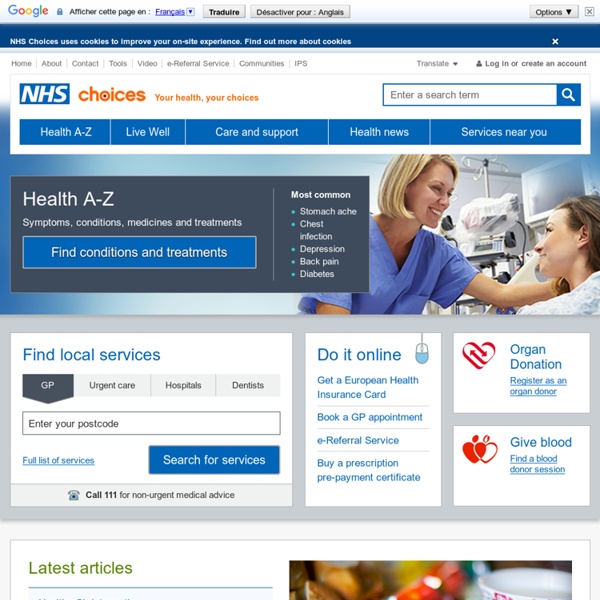



02 - Royal Free About us The Royal Free began as a pioneering organisation and we continue to play a leading role in the care of our patients. Established in 1828 by William Marsden, a newly qualified surgeon shocked that he could not find treatment for a penniless young woman, we were the first to provide care free of charge and the only London hospital to stay open during the 19th-century cholera epidemics. In the 21st century, we continue to lead improvements in healthcare and are proud to have some of the best clinical outcomes in the country. Our mortality rates have been consistently among the best in English trusts for many years. We offer an exceptionally wide range of local and specialist services and provided over 880,000 episodes of care in 2012/13. We are a major transplantation centre for liver, kidney and bone marrow transplants, one of the UK’s leading centres for the diagnosis and treatment of liver disease and one of the seven liver transplant centres in the UK.
06 - Computer glitches at Royal Free Computer glitches at Royal Free Hospital in Hampstead drains millions 8:33am Thursday 13th November 2008 in News By Tomasz Johnson Royal Free: The Cerner Millenium computer system had a massive impact on income The Royal Free Hospital has lost millions of pounds because of a dodgy computer system introduced this summer. The Hampstead hospital, which treats patients from Barnet, reported a half-yearly budget deficit of £7.7 million last week and attributed blame for almost all of it to the Government-backed Cerner Millenium system. The system, which went live in June, is designed to manage appointments and hold patient information electronically, but has been plagued with problems from the start. A report released by the Trust last week reveals that it lost £3.78 million because data had been entered wrongly, £1.32 million because appointment slots had not been filled and has forked out £1.23 for additional staffing to cope with the problems. People who read this article also read
01 - Royal Free Hampstead NHS Trust CIO - 6 Innovations That Will Change Healthcare CIO — The United States, in particular, and the world, in general, faces a healthcare crisis of enormous proportions. The cost of care is already rising, but the combination of an aging population and changes to diet and lifestyle leaves a growing percentage of the population susceptible to chronic health conditions, such as heart disease and diabetes, which further drive healthcare costs. By 2020, the United States is expected to spend $4 trillion annually on healthcare —more than the GDP of all but a handful of nations. Healthcare, then, is ripe for innovation. Much comes from academia, which lets data scientists, economists and medical professionals collaborate more freely than they might in a corporate setting, but new ideas do come from the private sector as well. Feature: 13 Healthcare IT Trends and Predictions for 2013 Commentary: Why Tech Entrepreneurs Will Transform Healthcare 1. Continue Reading
NHS Knowledge Management What is knowledge management? Knowledge management (or KM) enables access to knowledge, information, experience and best practice in health and social care. "You can't manage knowledge. What you can do is to manage the environment in which knowledge can be created, discovered, captured, shared, distilled, validated, transferred, adopted, adapted and applied. In order to create an environment within which knowledge rapidly flourishes we need: the right conditions: a common reliable infrastructure and an organisation willing be entrepreneurial;the right means: a common model, tools and processes;the right actions: where people instinctively seek, share and use knowledge; andthe right leadership: where learning and sharing is expected and role-modelled." - Chris Collison, KM expert Clinicians and managers alike rely heavily on knowledge management expertise for support in training, education, development and practice. Why is knowledge management important in the NHS? Resources
Oxford Pharmacy Store What can OPS offer you? Direct into the NHS-We are an NHS organisation and work closely with NHS hospitals and other NHS agencies. Cost-effective distribution-Why deliver to individual hospitals when you could make a single drop to us? Minimise your delivery and administrative charges (one delivery, one invoice, prompt payment) and let us handle the deliveries, invoicing and account management for individual customers. Regular orders-We can place regular monthly orders, supporting your stock planning. Distribution data-We provide you with monthly distribution data showing product uptake by individual hospitals so you retain the knowledge about who is buying what. Sales and marketing support-Through both our online and offline communications we keep our customers informed about our product portfolio, the services we offer and our partners in supply. Back to top Find out more To find out how OPS can help your business grow contact Richard Roach, OPS Strategic Operations Manager.